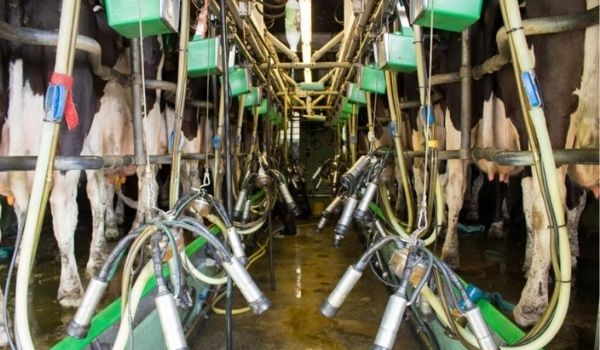- Location
- South shropshire
https://sustainablefoodtrust.org/articles/what-role-for-livestock-in-climate-friendly-farming/
Apologies if this has been posted previously, but worth a read.
Apologies if this has been posted previously, but worth a read.






 .
.